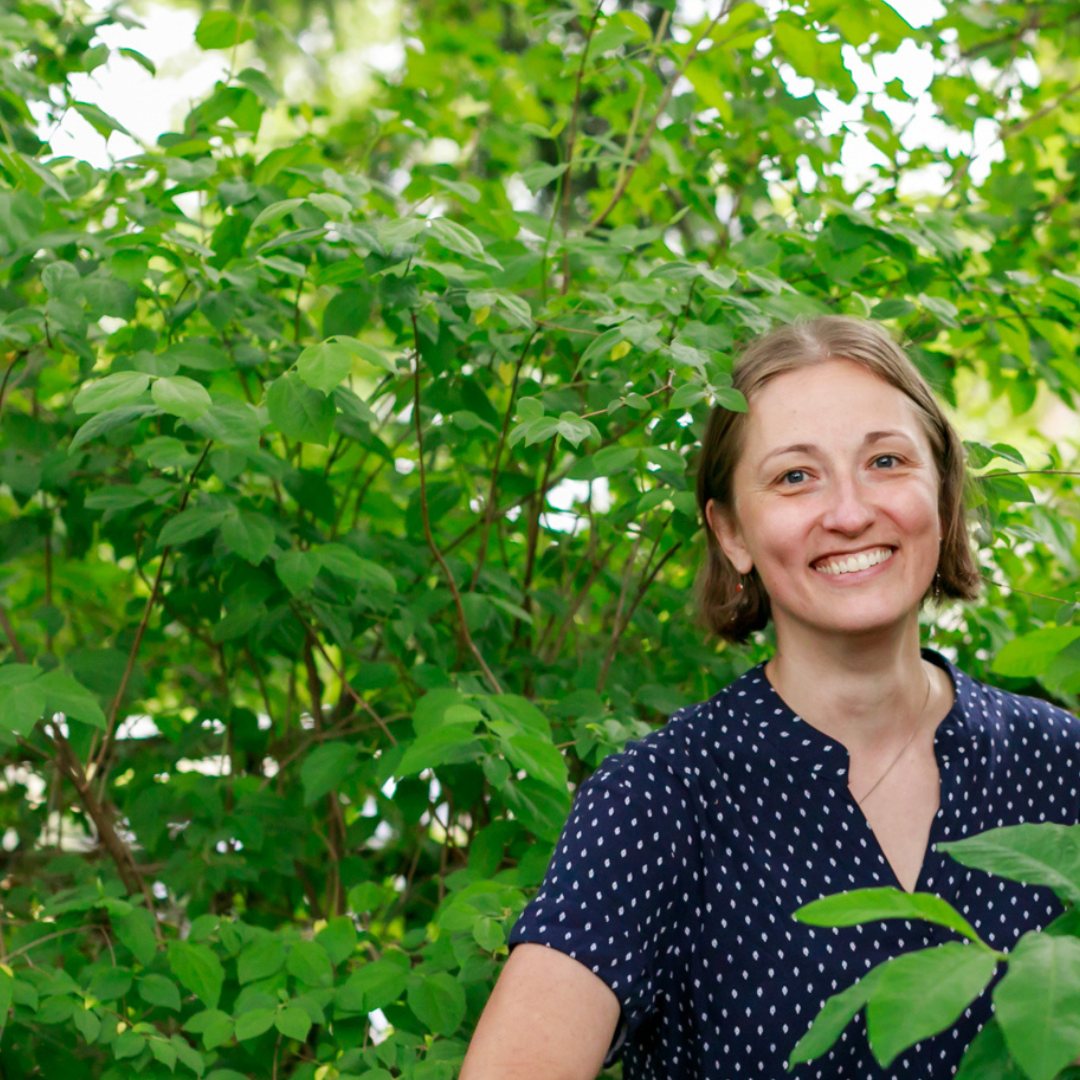Bringing a Problem-Solving Mindset to Climate Action
Here’s a simple truth that every med student knows: For a cure to be effective, the patient must live long enough to receive it.
The CO2 Foundation was founded on the belief that the same principle should inform the global response to climate change.
As we look at the current pace of change in global weather patterns, we see symptoms of an underlying disease that must be addressed immediately. For that reason, we are dedicated to providing catalytic funding for bold, proof-of-concept solutions to the most urgent aspects of the changing climate.
Our Guiding Principles
Embrace Urgency
The effects of human-caused climate change are already upon us in the form of increasingly extreme weather. With every passing year, the scale of this problem increases, and the costs of responding to climate disasters become more overwhelming. And yet, we can still avert the worst effects of climate change, if we recognize the scale of this problem and rise to meet it.
Advance the Field
Scientific advancements never happen in a vacuum. As a seed funder of experimental solutions, CO2 Foundation seeks to support that larger effort by promoting the work of our grantees. Our intention is to be a connector between successful pilot projects and the global funding community.
Seed Bold Ideas
Treat the Symptoms and the Disease
Extreme weather events are a symptom, not a cause, of climate change, but we ignore them at our peril. For that reason, we support efforts to simultaneously accelerate global decarbonization and address the more near-term impacts of a warming planet. (Photo credit.)
Our Mission
The mission of the CO2 Foundation is to execute impactful grant-making and communication about the urgent societal risks from extreme weather and the urgent need for evidence-based and effective carbon removal approaches that create a safe, just, and resilient future for all.
Our Vision
The Vision of the CO2 Foundation is a near-future of effective climate action, to reduce the risks of catastrophic weather and to catalyze community climate resilience strategies.
What We Value
- Work that is evidence-based
- Work that advocates for action
- Work that is rooted in justice
- Work that values connection
CO2 Foundation Trustees
William Calvin
William H. Calvin is a theoretical neurophysiologist and professor emeritus at the University of Washington School of Medicine. With a Ph.D. in Physiology and Biophysics from the University of Washington following studies at MIT, Harvard Medical School, and Northwestern University, he ran a neurophysiology research lab at UW, shifting into theoretical biology in the 1980s. The author of 17 books translated into 16 languages, he invites a general audience into conversations about complex scientific subjects such as higher intellectual functions and ape-to-human evolution; for climate, the books include A Brain for All Seasons: Human Evolution and Climate Change, Global Fever: How to Treat Climate Change, and Extreme Weather (and what to do about it). He brings a unique perspective to the climate crisis grounded in human evolution, how physicians think about emergencies, the framing of the difficulties that we currently face, and (when sufficiently focused)the human capacity to rise to even the most daunting challenges.
Katherine Graubard
Stephanie Morét
Stephanie Morét is a conservation planner and fluvial geomorphologist, phasing out teaching in the Environmental Studies program at the University of California Santa Barbara (UCSB). She has a BS in Geology from UC Davis, a MS in Geology and a PhD in the Environmental Sciences program via the Civil Engineering Department at Oregon State University. She is both a Licensed Engineering Geologist and a Conservation Coach. Her multifarious background in academia, consulting, government, and non-profit provides a broad perspective for engaging in environmental projects at a variety of scales. She has taught graduate classes in decision theory and environmental risk analysis, spatial modeling of environmental data, and landscape ecology; undergraduate classes in environmental science, rivers, conservation planning; and honors classes in food and the environment and global climate change. Her passion is teaching, facilitating, and promoting conservation of our planet’s ecological function and biodiversity, including humans.
Our Team

Karen Wolfgang, MA (she/her)
Executive Director
Karen brings over a decade of organizational leadership experience to the CO2 Foundation, where she looks forward to partnering with high-quality climate solutions projects. Send her an email at karen@co2foundation.org to get a conversation started!
